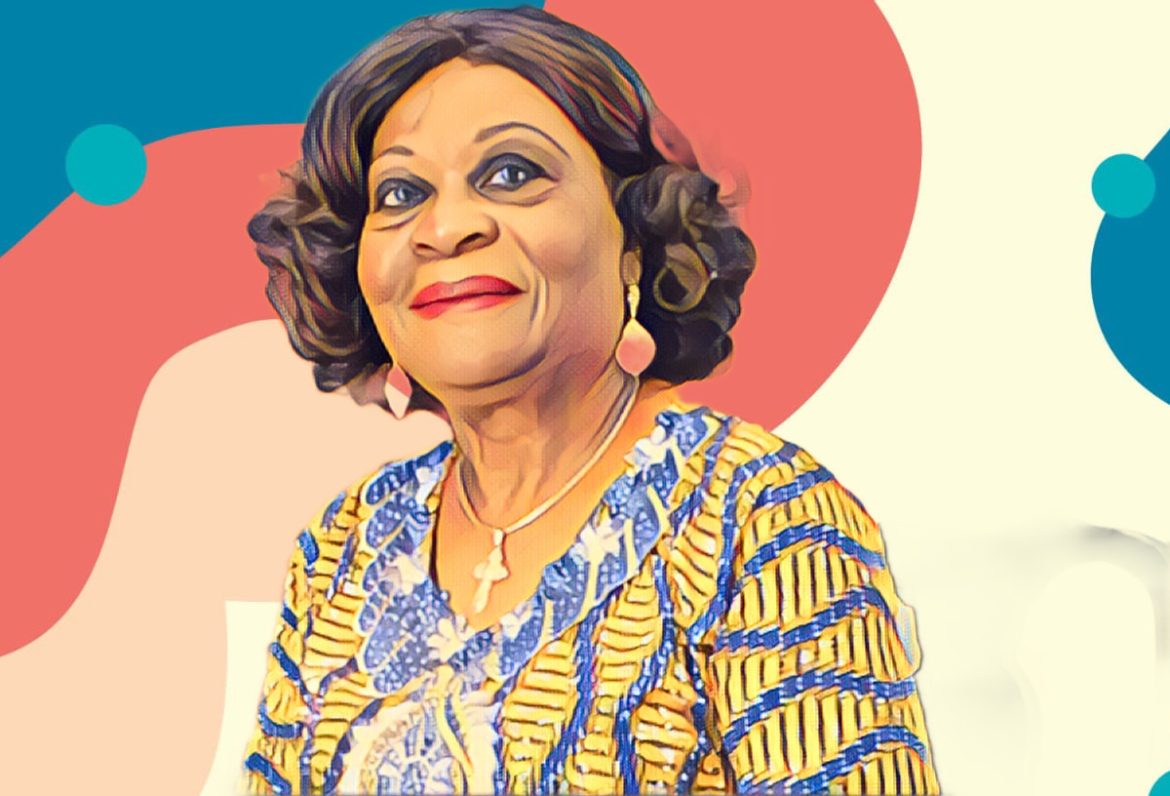KEY POINTS
- Former Lagos Deputy Governor Bucknor-Akerele claims President Tinubu often ignores advice.
- She criticizes his leadership style, suggesting he acts unilaterally without consulting others.
- The comments raise questions about Tinubu’s approach to governance and collaboration.
Ex Lagos State Deputy Governor Kofoworola Bucknor-Akerele has not minced words on Nigeria’s current president, Bola Tinubu, saying the latter is a man who does not take advice and seems to ‘know it all’.
Such comments have generated a lot of debate on the type of leadership Tinubu is capable of offering, and how such a leadership is capable of managing affairs of state with input from other individuals.
Bucknor-Akerele’s criticism
During an interview, Bucknor-Akerele, who once worked as Tinubu’s deputy while he was governor of Lagos, shared her apprehensions about his attitude to disregard the advice of others.
She accused Tinubu of being a man who hardly listens to anyone and prefers to go his way alone, a leadership style she said has caused a breakdown of relationships with subordinates and peers.
As stated by Bucknor-Akerele, this unilateral style was in operation during their time in Lagos and is apparently so now in the presidency. She stressed that in Nigeria in particular, and any other country that is as complex as ours, it is therefore important to involve all stakeholders in the governance process.
Leadership style in question
Writing in Tribune Online, Bucknor-Akerele has reopened the leadership style question of Tinubu as he struggles to lead Nigeria.
Some of his followers believe that he is an assertive president who makes decisions, while others think that his inability to take advice would be a major drawback in his ability to govern.
These comments by the former deputy governor imply that Tinubu may be more of an autocratic leader than a collaborative one, which may have implications beyond the presidency.
The former deputy governor also takes time to explain that leadership involves teamwork and consultation. In a democracy, leaders are suppose to consult with different people so that the decisions they make are comprehensive.
Bucknor-Akerele’s assertions give grounds to ponder whether the approach Tinubu is proposing may result in a form of governance that marginalizes the essential stakeholders and opinions.
Some people still believed for greater collaboration.
Still, it is possible to hope that Tinubu will be able to change his approach to the formation of a leadership team to make collaboration more effective.
It is his chance as the president of Nigeria to unite people and create a powerful government that will be effective for every citizen of the country. Being more responsive to the public and listening to the advice of other experts and officials in his administration could help him to better implement his policies.
This paper has identified the following major economic and social challenges facing the country: inflation, unemployment, and security issues, among others; thus, collaborative governance is imperative in such circumstances.
If Nigeria’s future is to be successful, leaders must learn how to listen to different stakeholders, collaborate and develop solutions that are in the best interest of the country.


